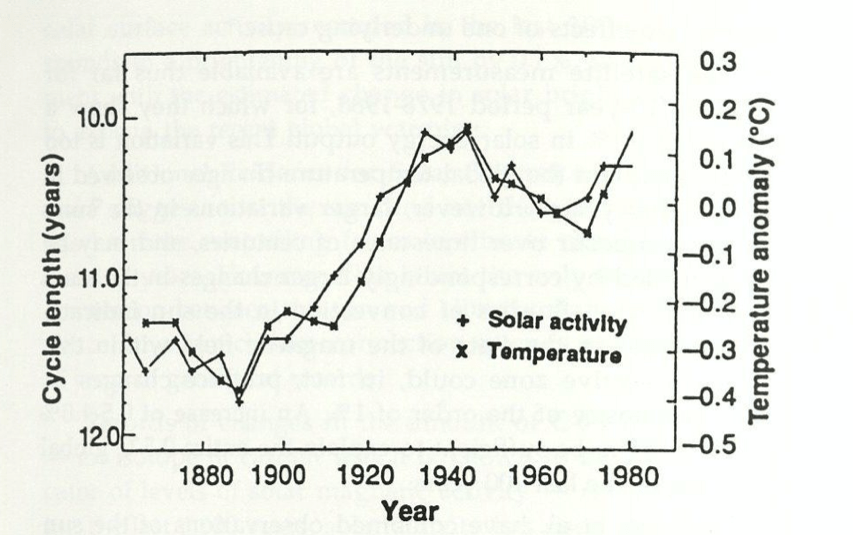 Loading...
Loading...
Losing Earth
By the late 1970s, government, industry and environmental organizations began discussing solutions to climate change. In Losing Earth, his historical narrative documenting the U.S.-based science and policy discussions from the ten-year period between 1979 and 1989, Nathaniel Rich states: “Nearly everything we understand about global warming was understood in 1979. It was, if anything, better understood.” Following a congressional hearing in April 1980, the National Commission on Air Quality was asked to organize a workshop to begin the process of developing legislation that would address the “increasing atmospheric concentrations of carbon dioxide.” Scientists, policymakers, and representatives from many industries were invited, including the United Steelworkers of America. Many of today’s familiar environmental headlines are represented in the materials provided to workshop attendees: the disappearance of Arctic sea ice in summer; shifts in climate zones that impact agriculture and wildlife; outbreaks of agricultural pests; water shortages; the disproportionate impact on economically under-developed countries; the necessity of phasing out coal production; the importance of global cooperation. In a preview of the policy-related struggles to come, Rich notes in a full chapter devoted to this workshop that its participants were overwhelmed by the enormousness of the problem and ultimately failed to reach consensus on even a single paragraph.
National Commission on Air Quality
Carbon Dioxide Workshop, Proposed Agenda, Background and Purpose Statement, List of Participants
St. Petersburg, Florida
October 29-31, 1980
United Steelworkers of America (USWA), Legislative Department Records
CO2 PPM in 1980: 335.9
 Loading...
Loading...
Merchants of Doubt
Following the successful global response to acid rain and ozone depletion, there was great international interest in addressing global warming during the 1980s. But in the later years of the decade, efforts had begun to publicly question the science and steer U.S. policy away from reducing fossil fuel consumption. The George C. Marshall Institute, a Washington D.C.-based think tank, was founded in 1984 to “conduct technical assessments of scientific issues with an impact on public policy.” At first concerned with strategic defense issues, its focus shifted to denying global warming after the Cold War ended. Through publications like the one exhibited here, Global Warming Update (1992), it argued that observed warming could be attributed to increased solar activity, that “sea levels will fall rather than rise in response to the greenhouse warming,” and that a 21st century warming of 0.5 degree Celsius is both more realistic and insignificant. One of the Institute’s founders, Robert Jastrow, later claimed that their work was “responsible for the Administration’s opposition to carbon taxes and restrictions on fossil fuel consumption.” According to the United States National Oceanic and Atmospheric Administration, the average global temperature in 2020 is expected to be 0.5 degree Celsius warmer than the 1986-2005 average.
George C. Marshall Institute
Global Warming Update
1992
Nunzio J. Palladino papers
CO2 PPM in 1992: 353.6
